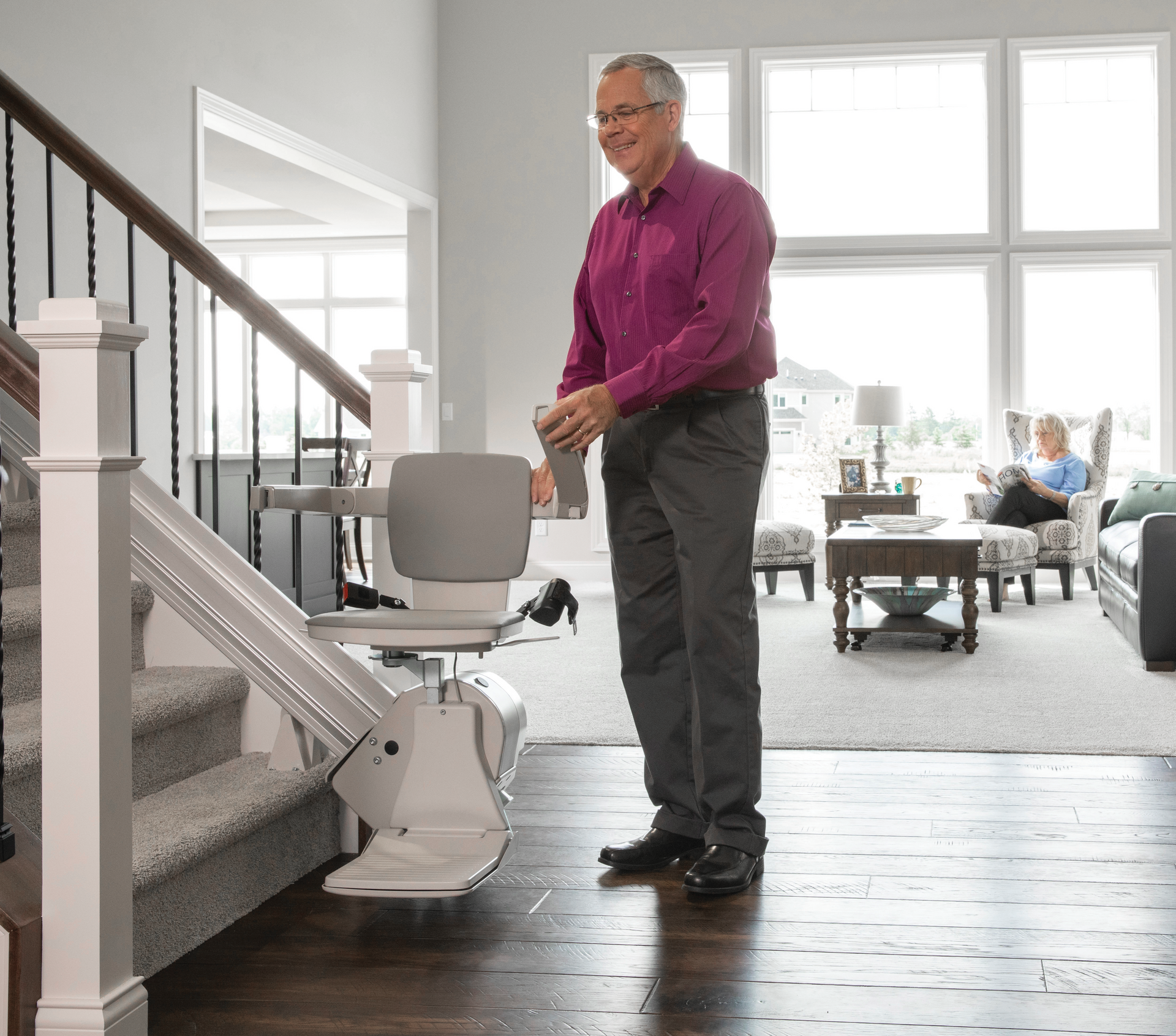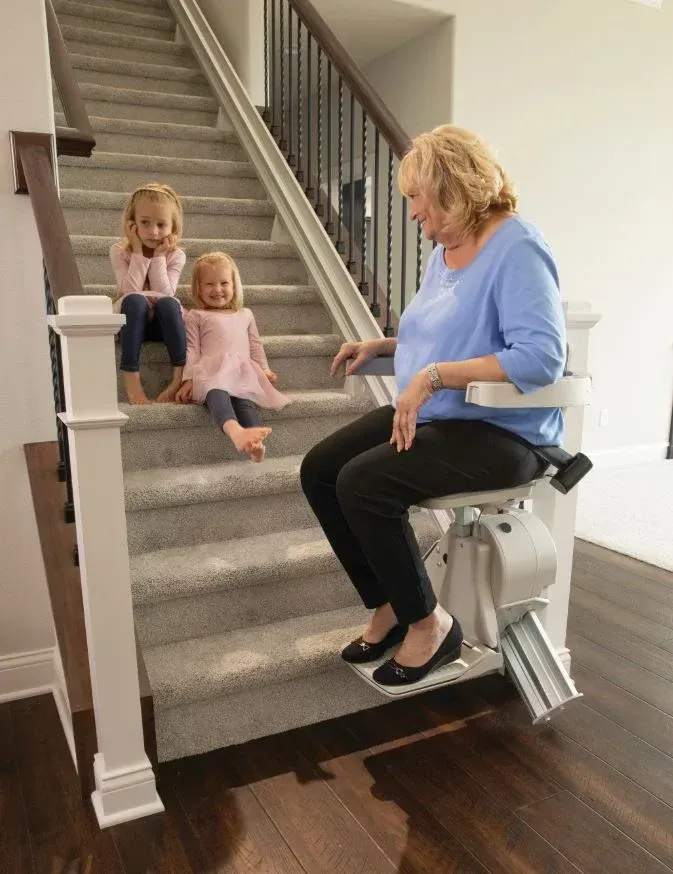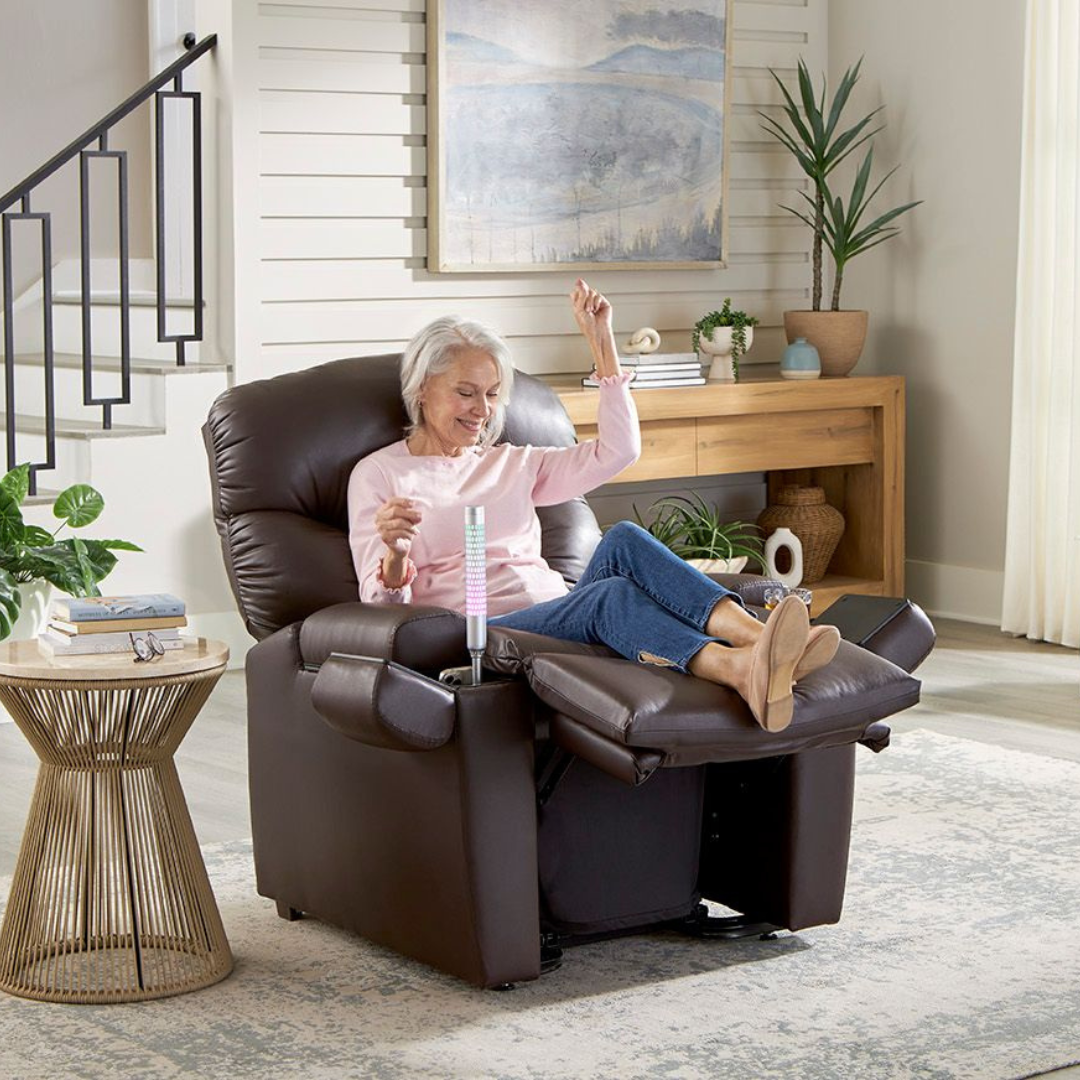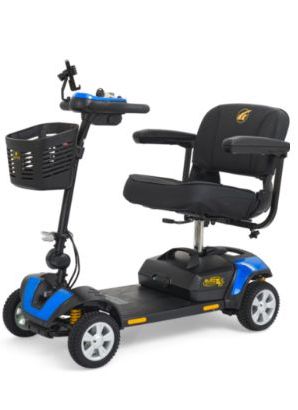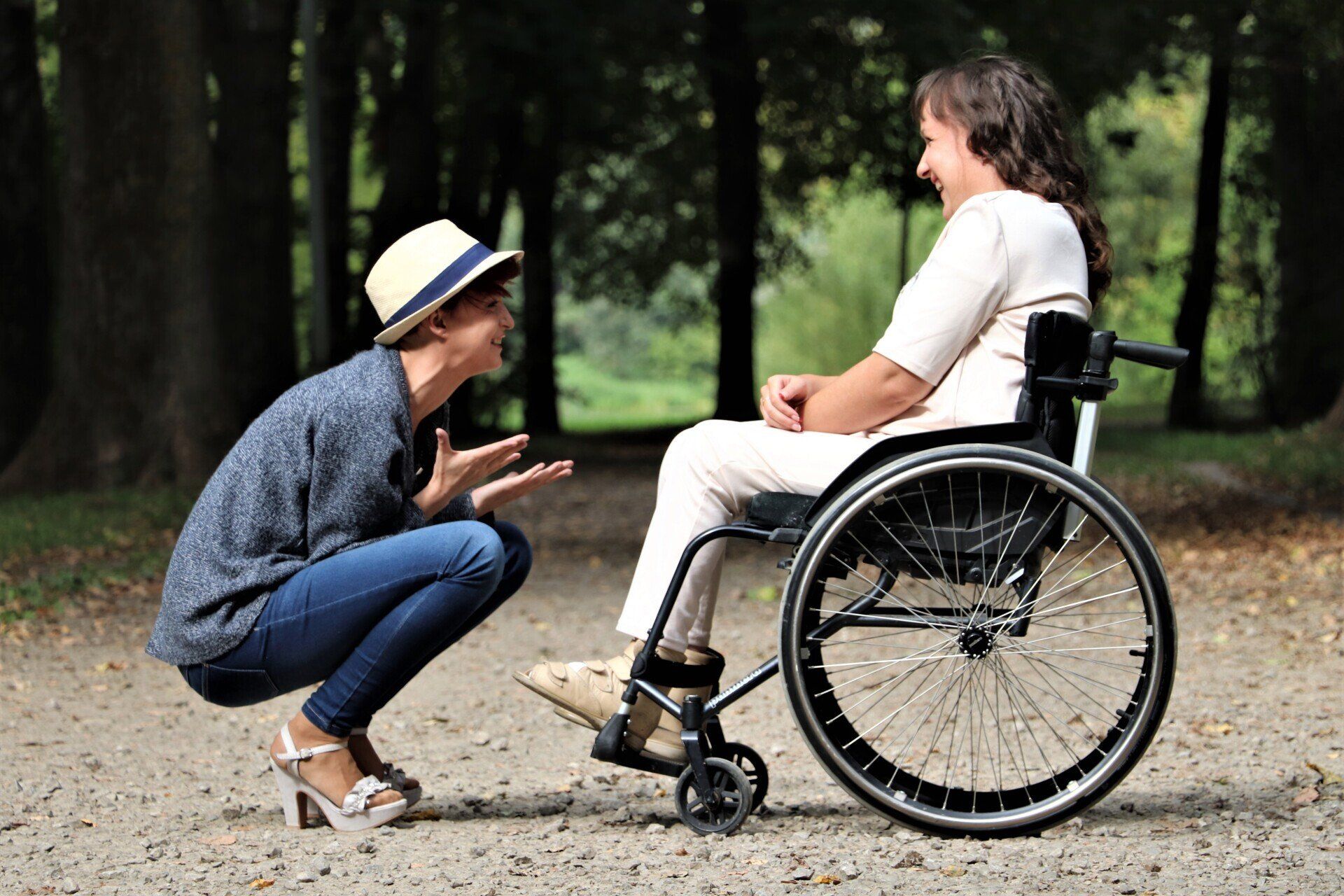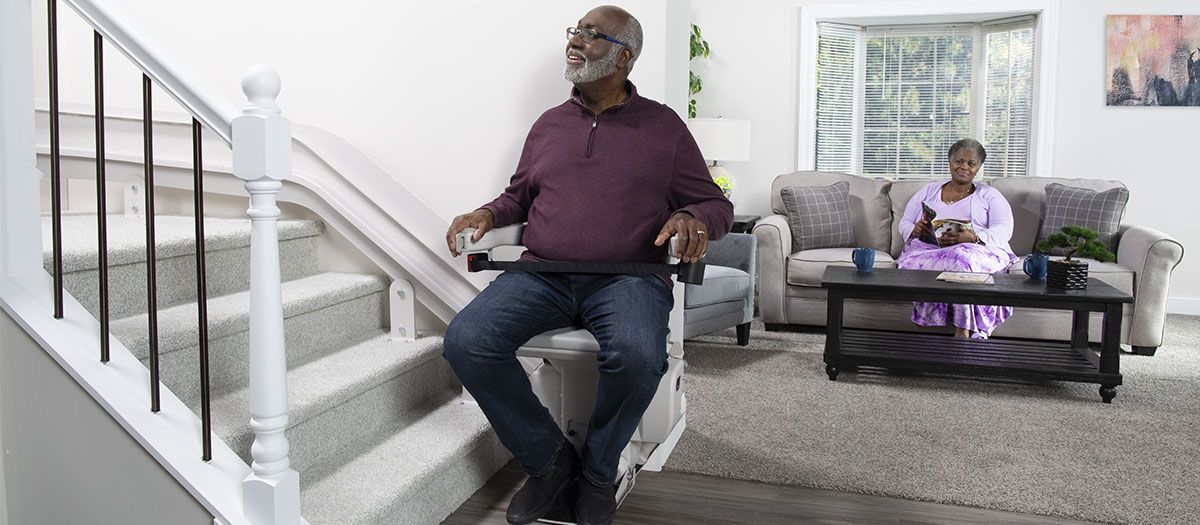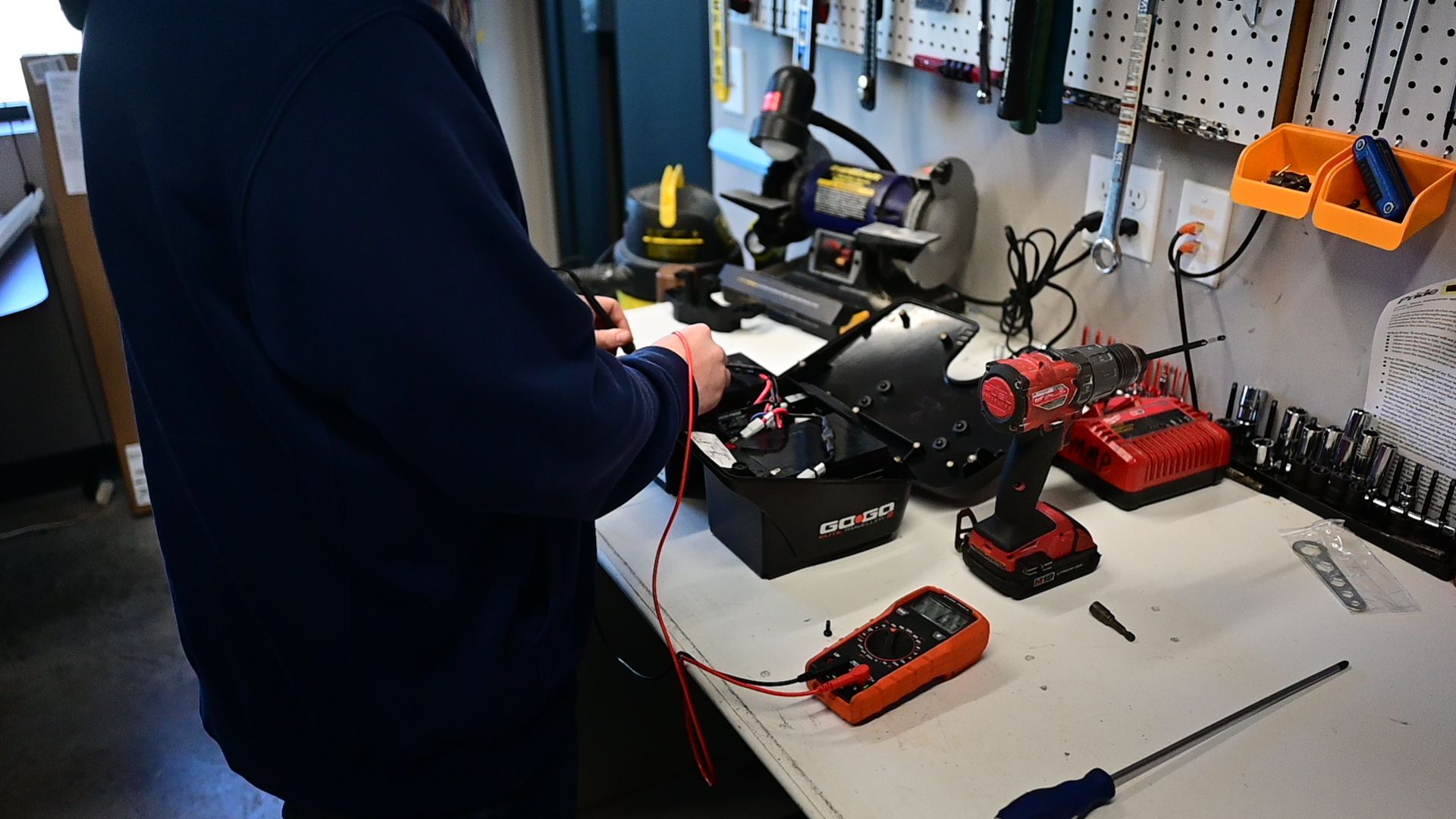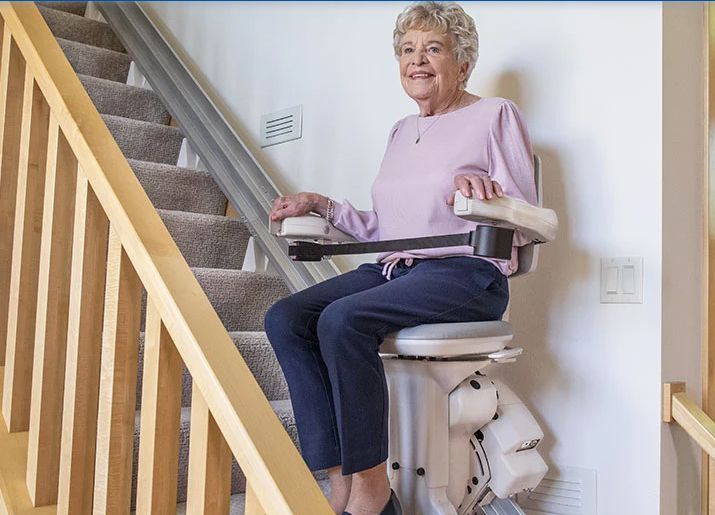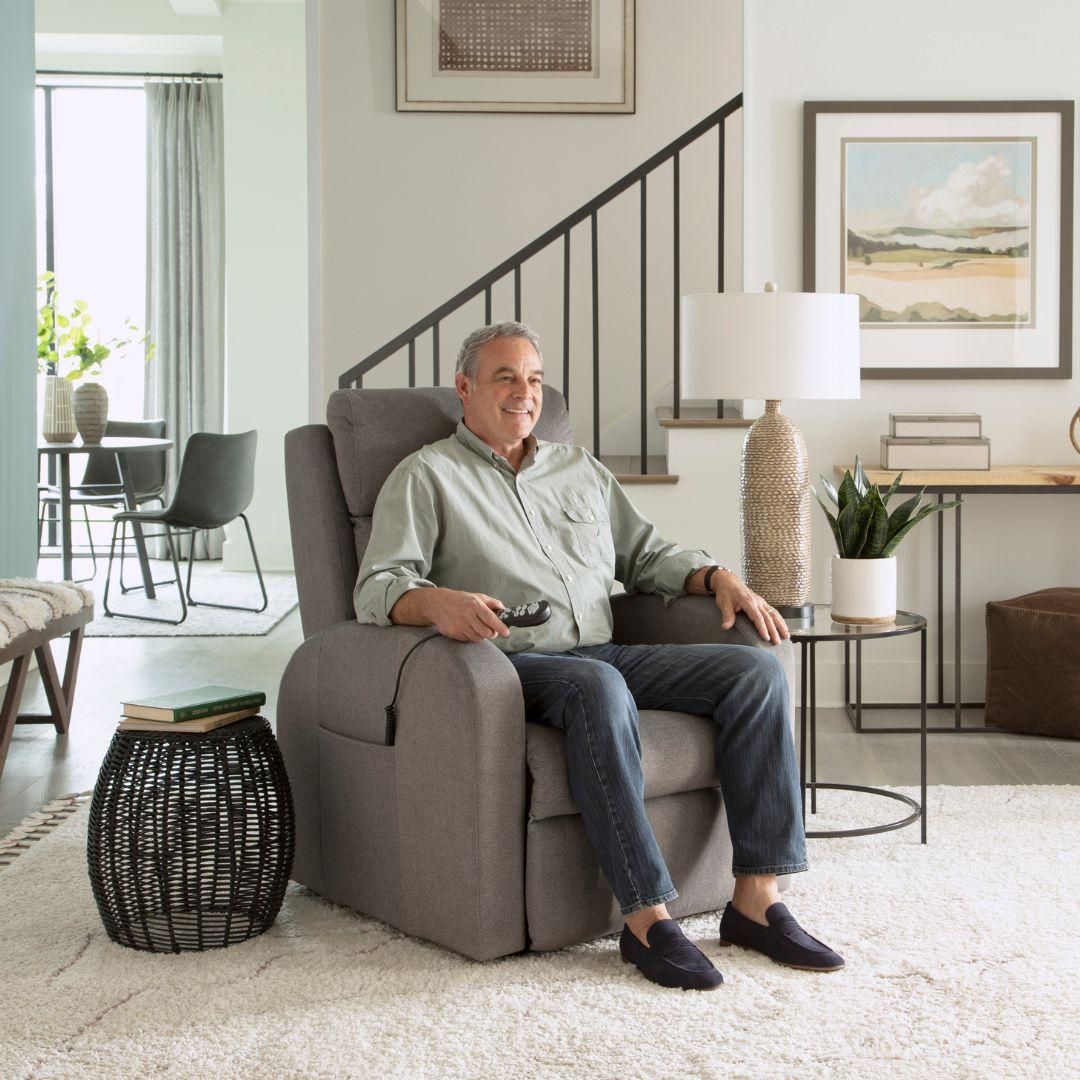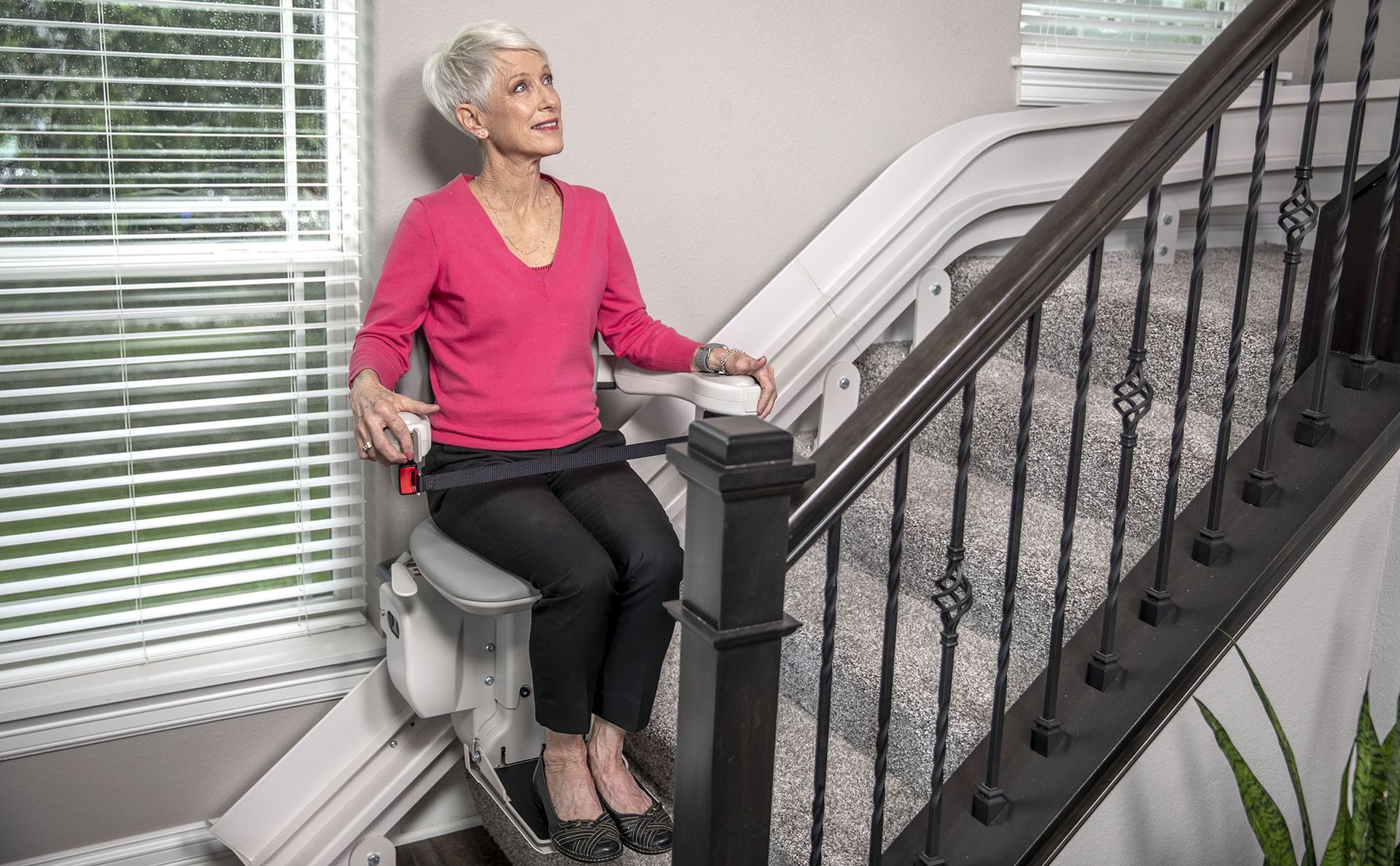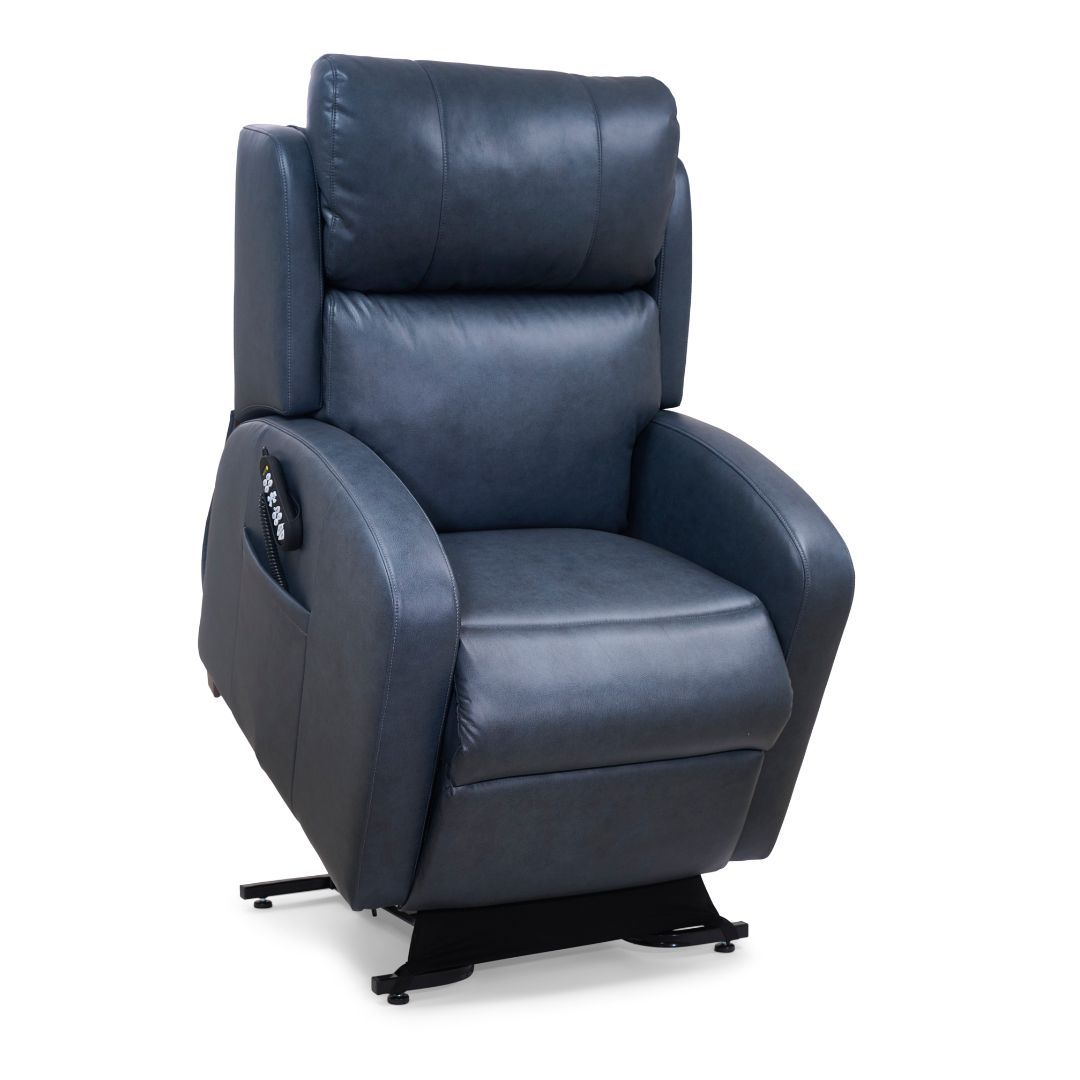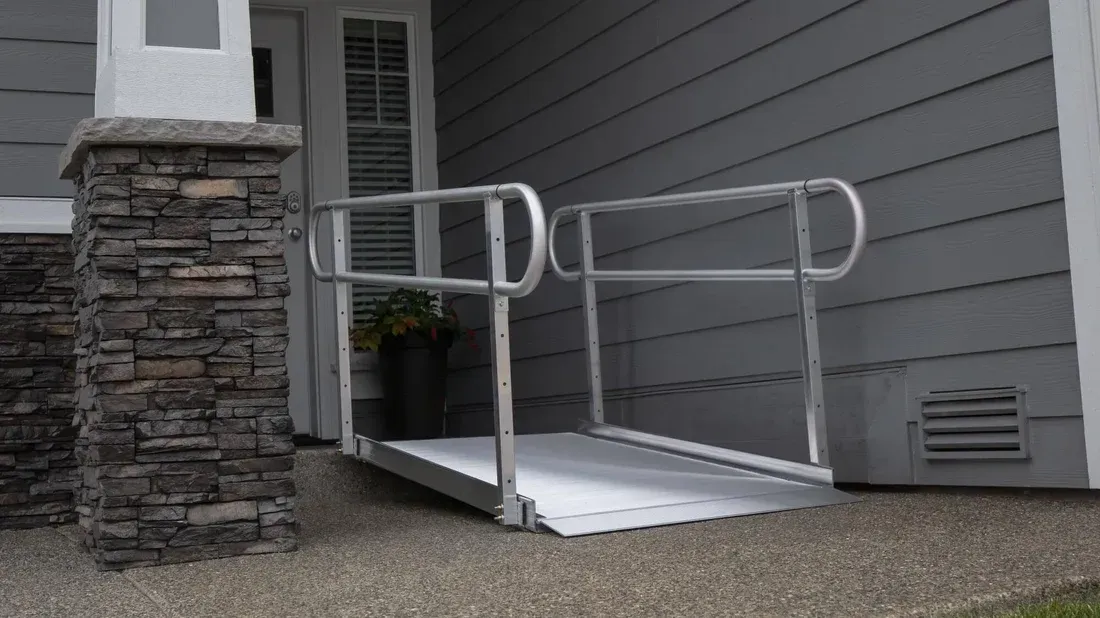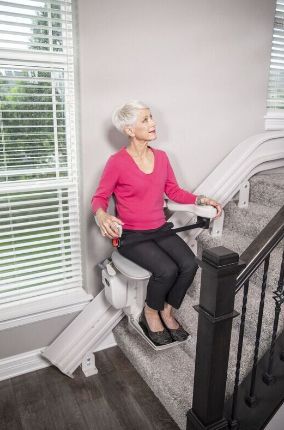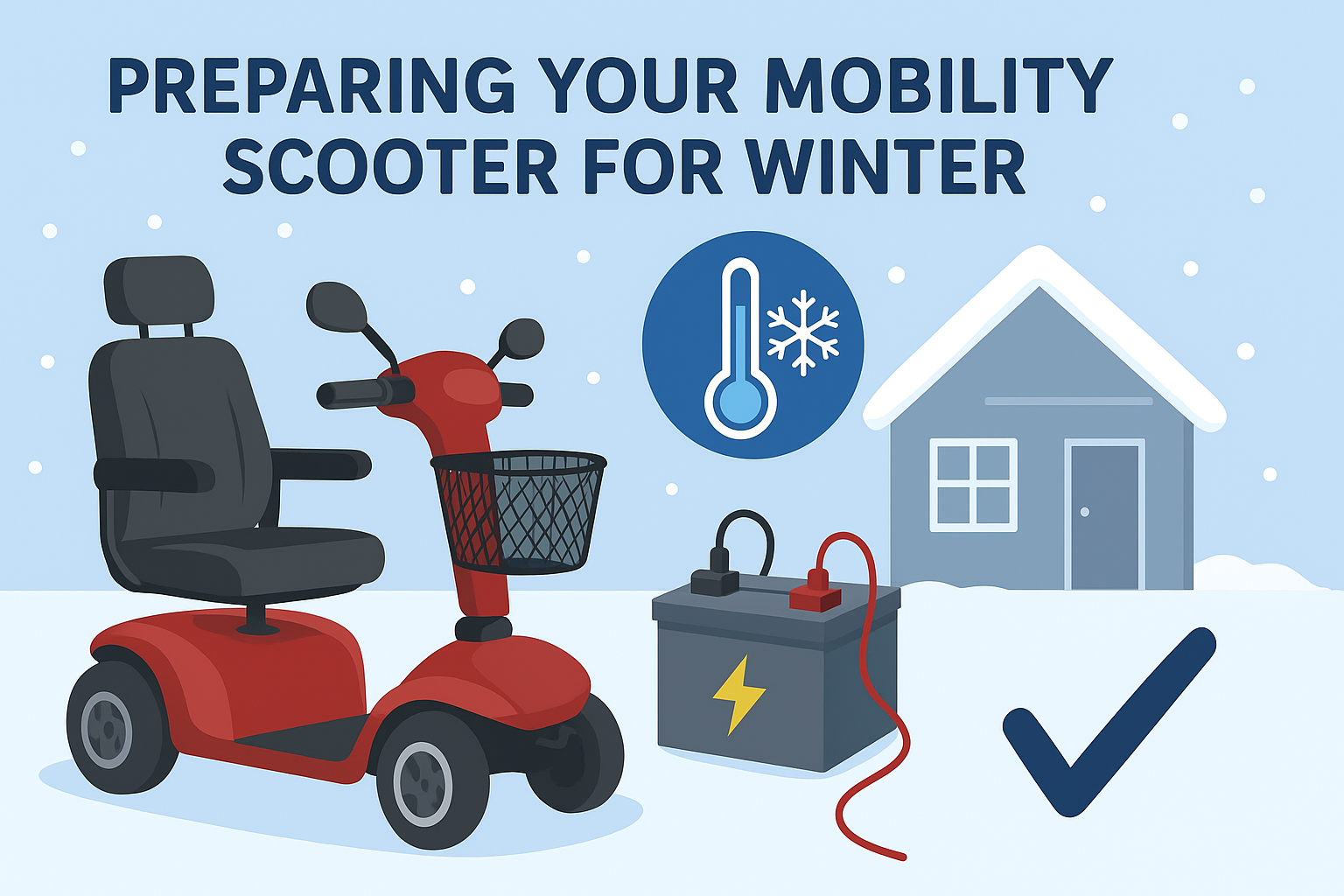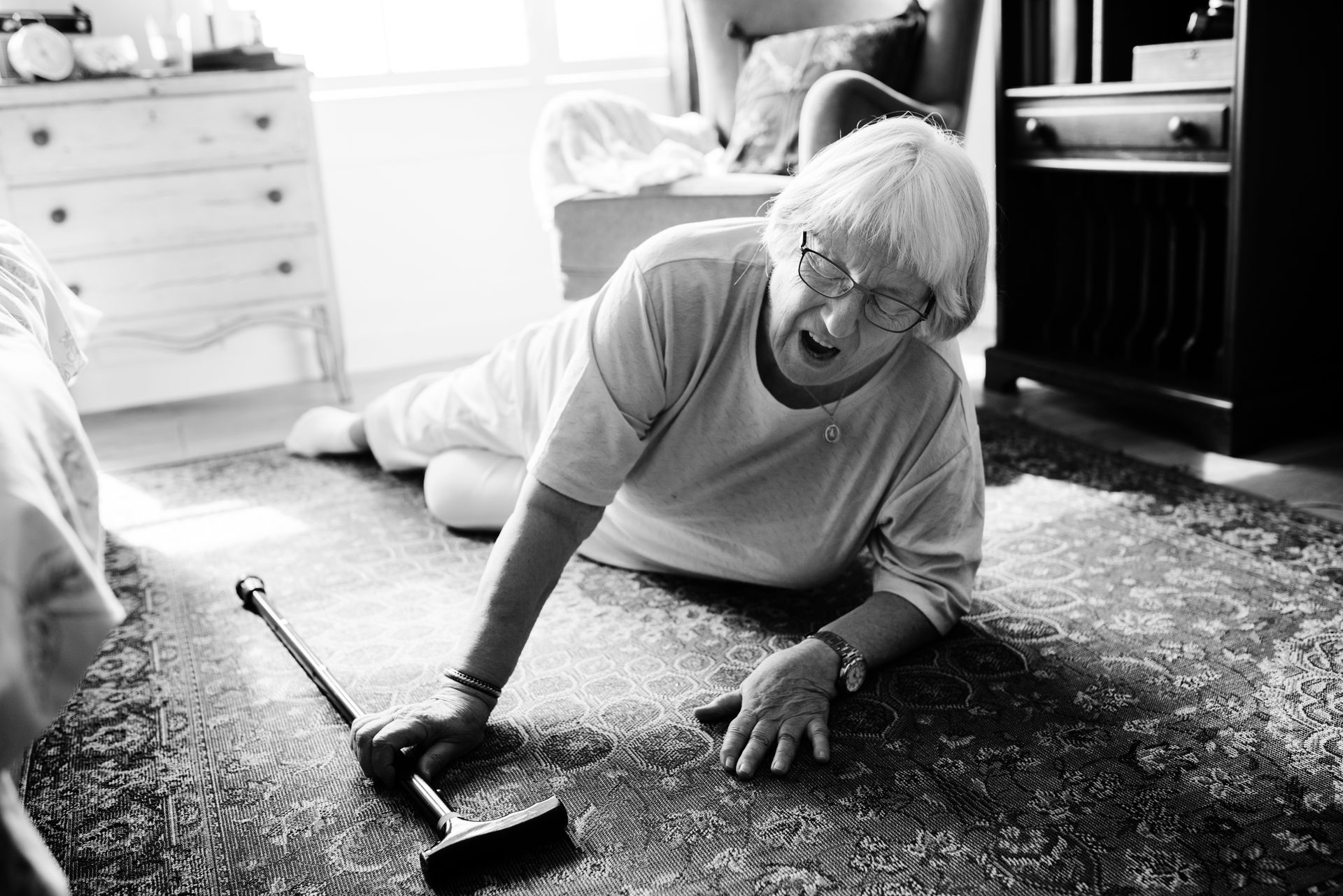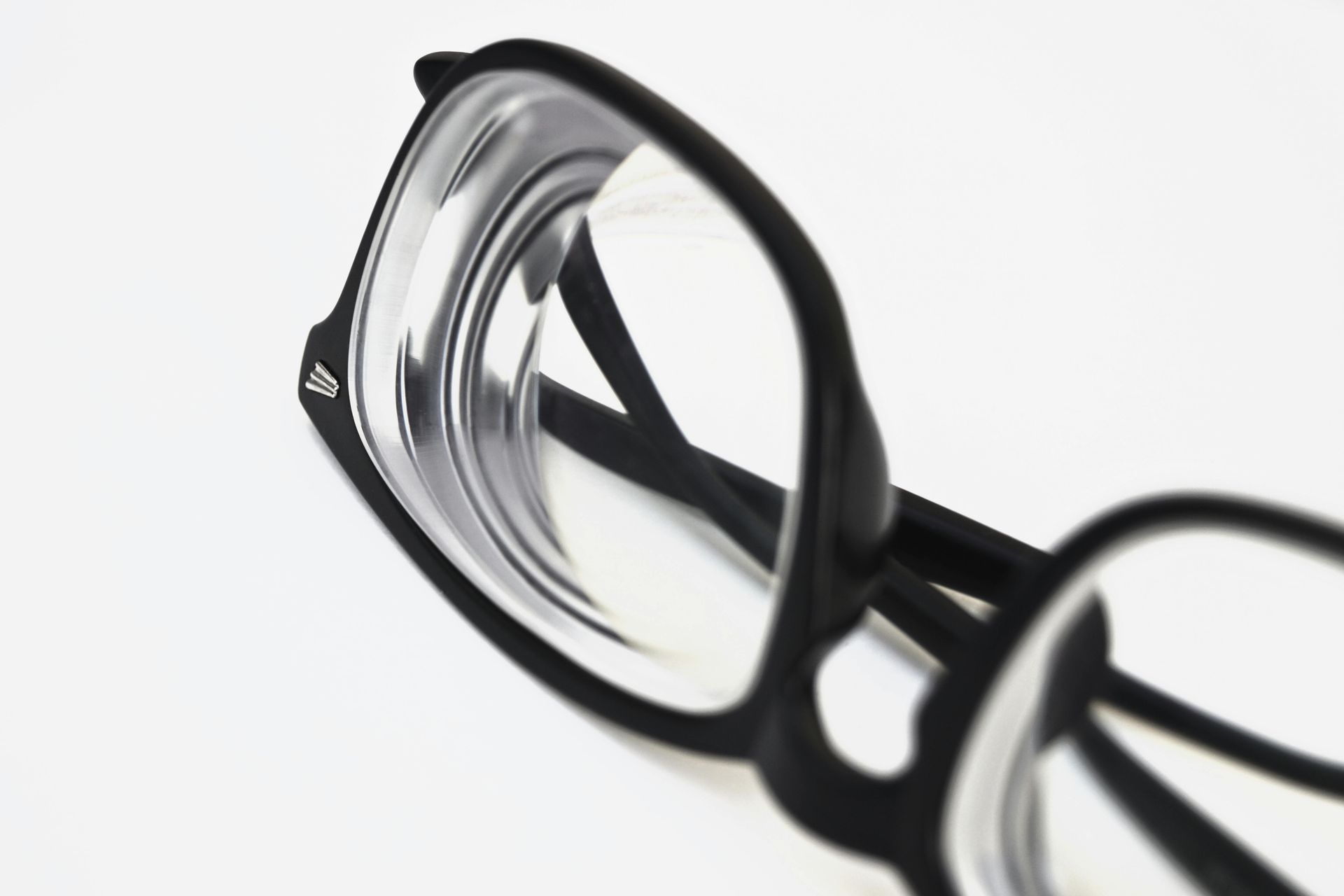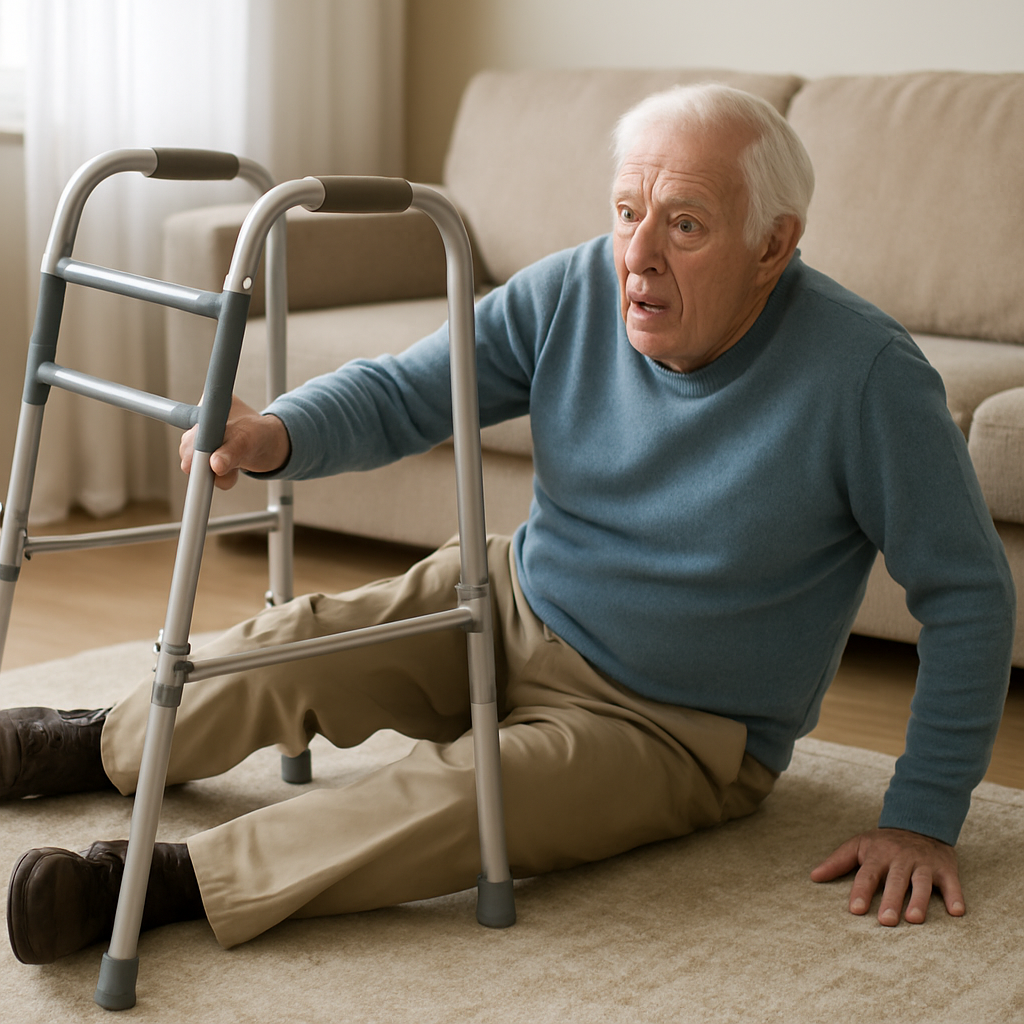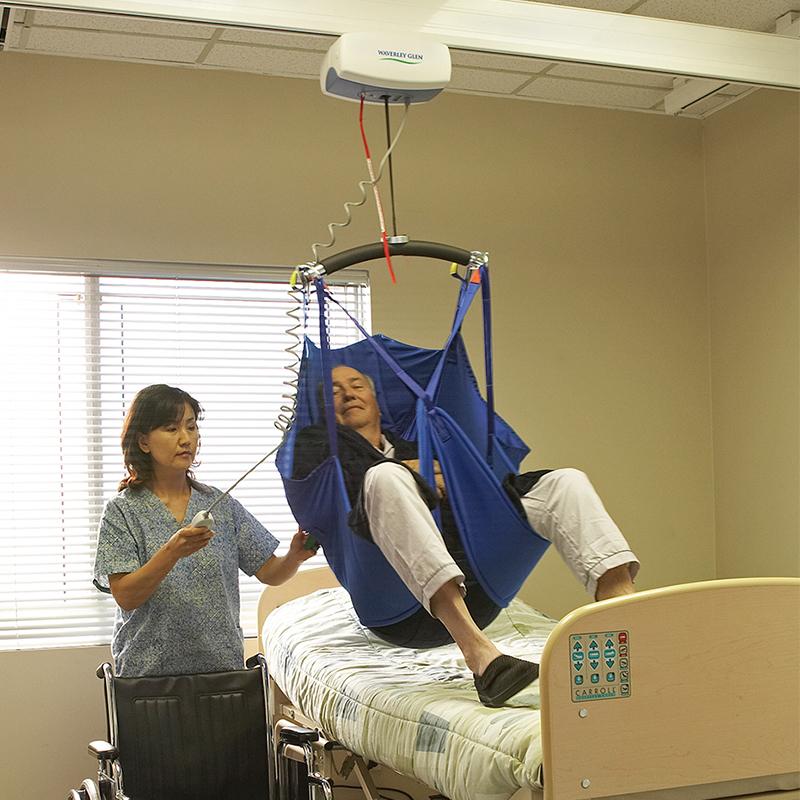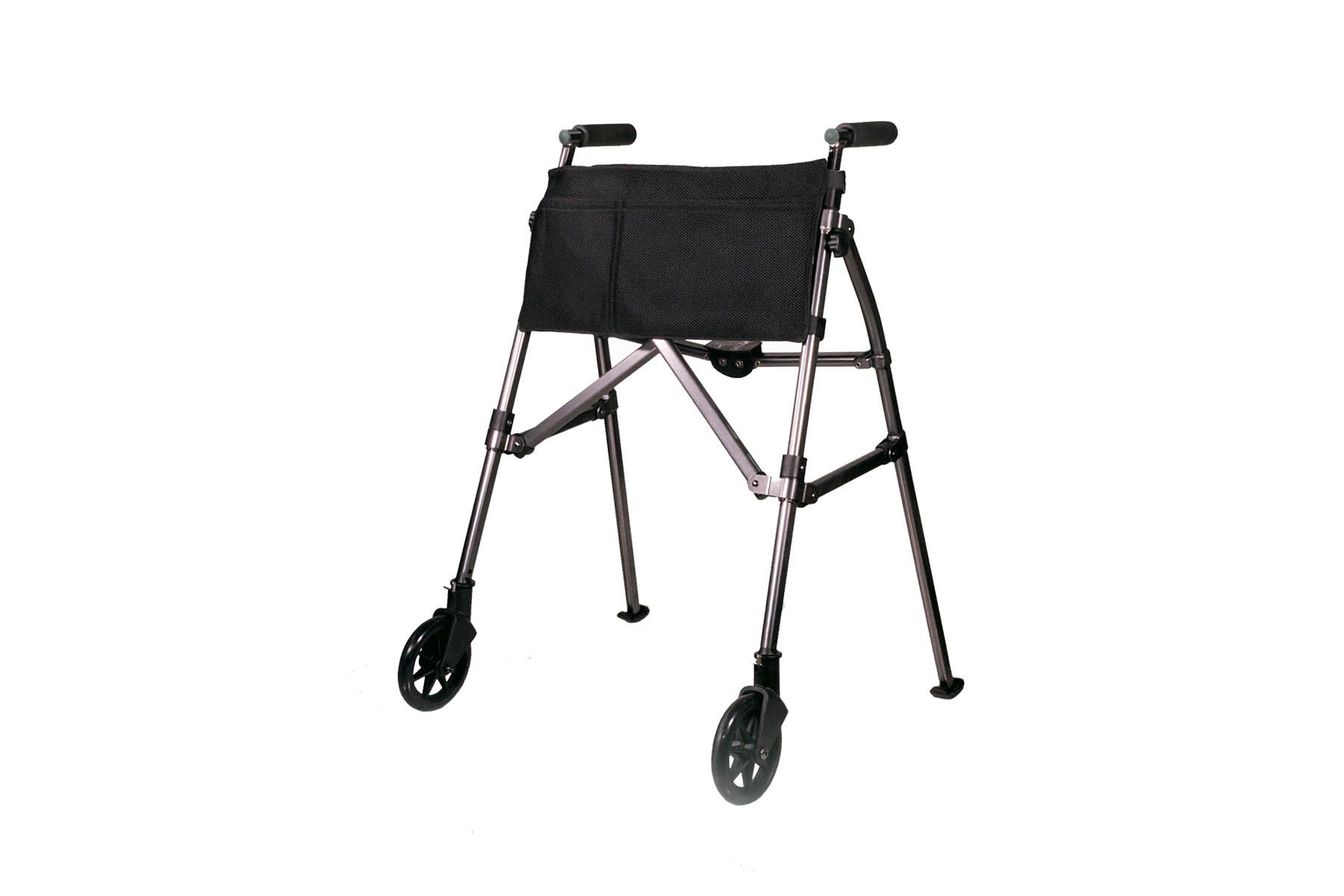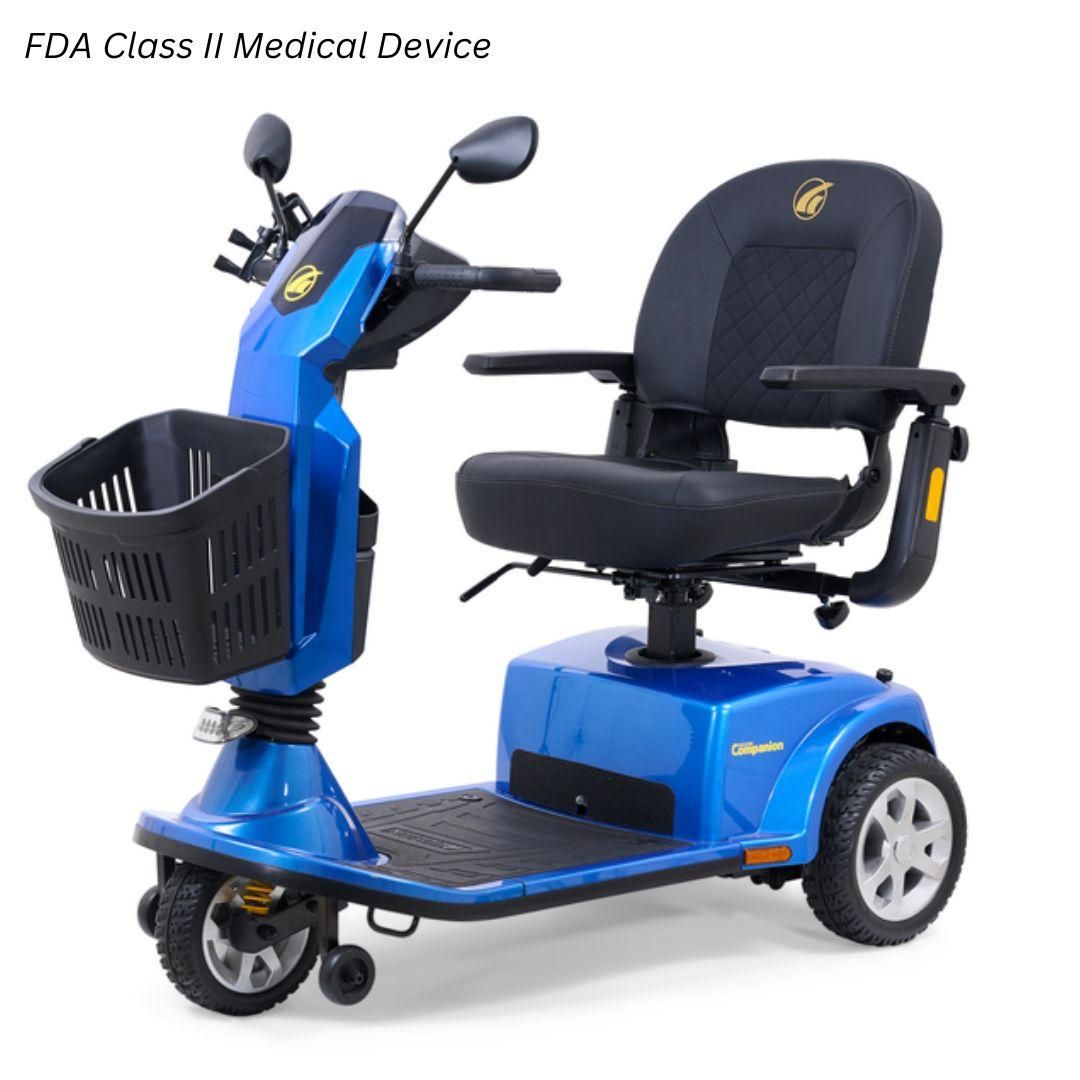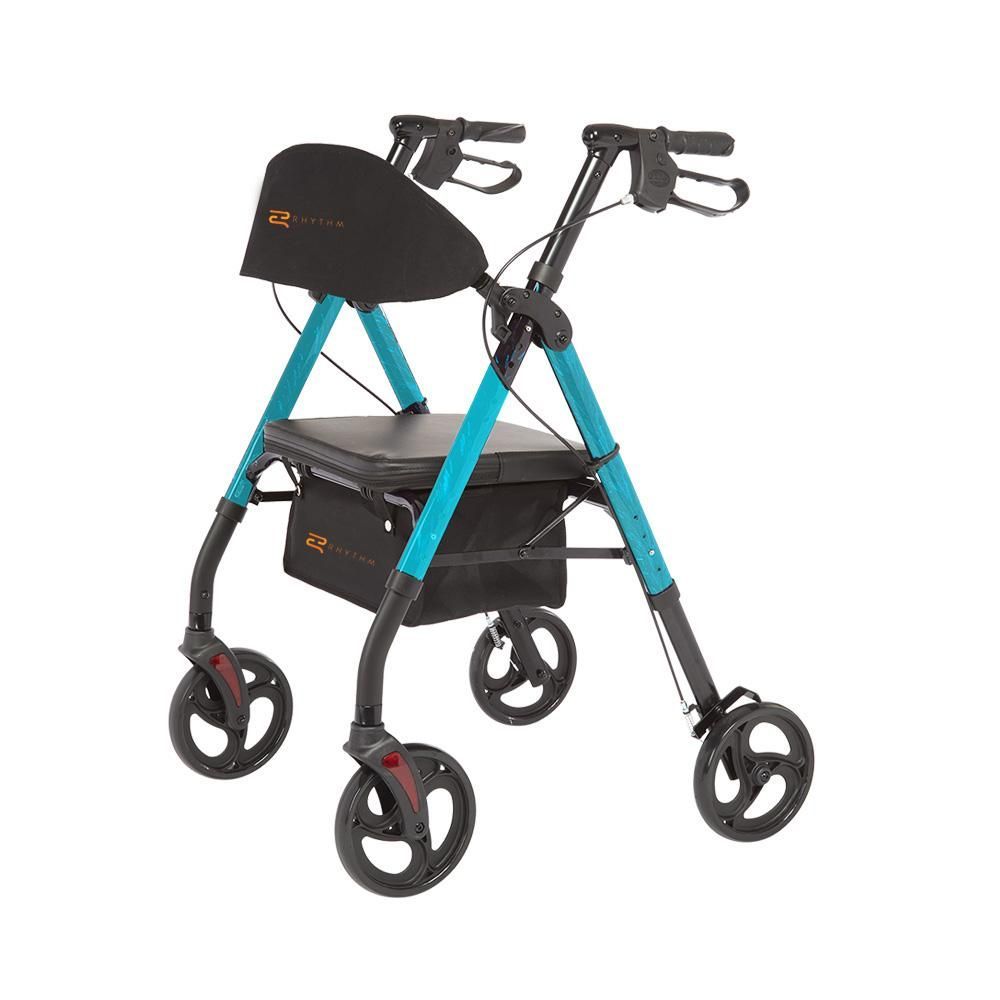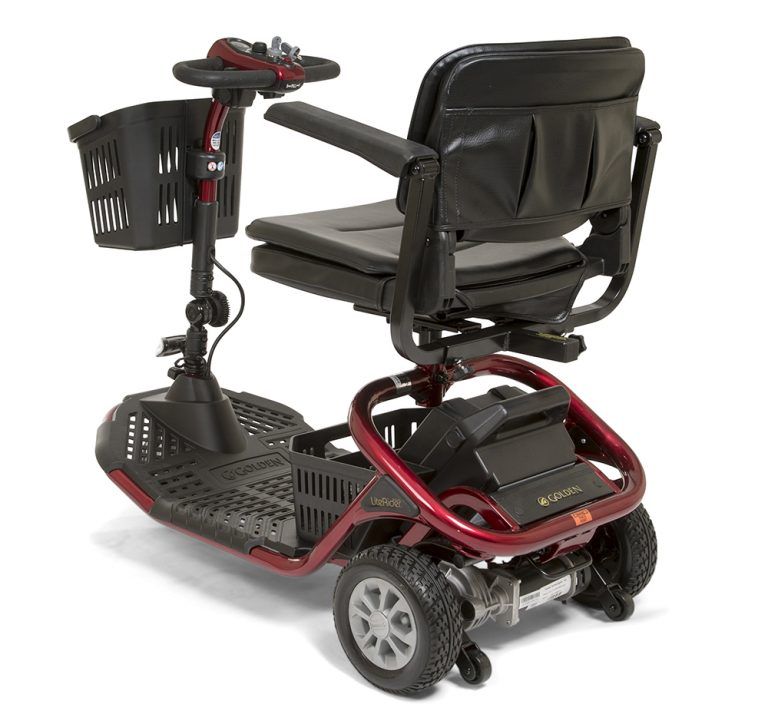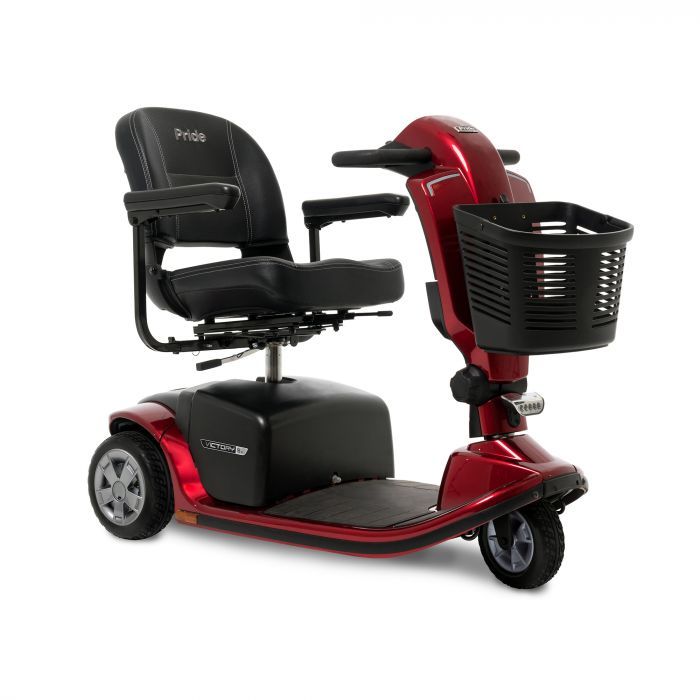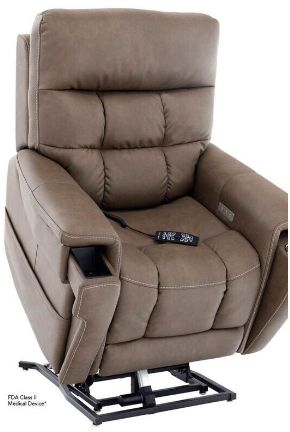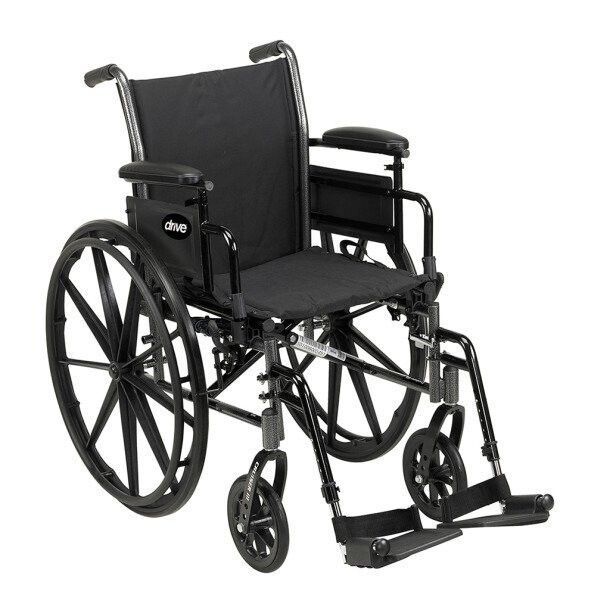Walkers vs Rollators: Which Mobility Aid is Right for You?
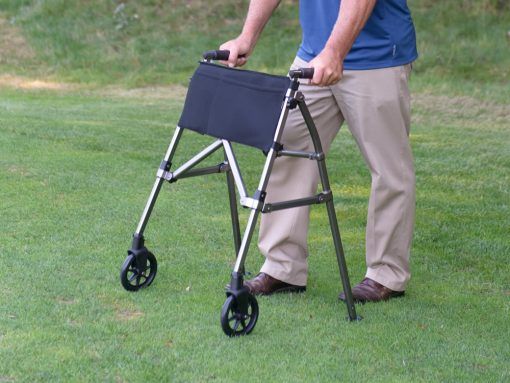
As we age or face mobility challenges, it's important to find the right tools to maintain our independence and enhance our quality of life. Two common mobility aids—walkers and rollators—offer support for individuals with walking difficulties, but they function quite differently. While both provide stability and security, understanding their differences can help you make an informed decision about which one suits your needs best. Let’s explore the features, benefits, and considerations of walkers versus rollators to help you choose the right option for your lifestyle.
What is a Walker?
A walker is a basic mobility aid designed for individuals who need extra support when walking. It consists of a sturdy frame with four legs, and the user typically lifts the walker with each step. Walkers offer solid, dependable support for those with limited balance or strength.
Key Features of a Walker:
- Four Legs: Provides a stable base of support.
- No Wheels: The user must lift and move the walker forward with each step.
- Simple Design: A minimalist frame, ideal for indoor use or short-distance walking.
- Height Adjustable: Can be customized to suit the user’s height for maximum comfort.
Pros of a Walker:
- Enhanced Stability: With no wheels, walkers provide solid ground contact, making them ideal for those with severe balance problems.
- Best for Short Distances: Walkers are great for indoor spaces like hallways, kitchens, or bathrooms, where users need stability over long distances.
- Strengthens User’s Upper Body: Lifting the walker with each step can provide gentle exercise for the arms and shoulders.
Cons of a Walker:
- Requires Lifting: This may be difficult or tiring for individuals with limited strength or stamina.
- Limited Mobility: Walkers can be cumbersome to use outdoors or over rough terrain, such as curbs or uneven sidewalks.
- No Seat: Walkers don’t typically offer a place to sit or rest, making them less suitable for extended use.
What is a Rollator?
A rollator is a more advanced type of mobility aid, often referred to as a “wheeled walker.” It features four wheels, brakes, and sometimes a built-in seat. Unlike traditional walkers, rollators don’t require lifting. Instead, users can push the device forward, making it easier to move over longer distances or rough terrain.
Key Features of a Rollator:
- Four Wheels: Provides smooth movement and easy maneuverability.
- Brakes: Allows the user to control the speed and stop when needed.
- Seat: Many rollators include a built-in seat for resting, making them ideal for long walks or outings.
- Storage: Rollators often come with a small basket or pouch for carrying personal items like a purse or shopping bag.
Pros of a Rollator:
- Easy to Maneuver: The wheels make rollators much easier to push, making them ideal for individuals who don’t want to lift a mobility aid with each step.
- Great for Longer Distances: Rollators are perfect for walking around the neighborhood, going to the store, or enjoying outdoor activities since they don’t require lifting.
- Resting Capability: The built-in seat gives users a place to rest when needed, adding to the convenience and comfort.
- Added Convenience: The basket or pouch offers storage for items, which can be helpful for those who need to carry groceries, medications, or personal belongings.
Cons of a Rollator:
- Less Stability: Because of the wheels, rollators may offer less stability than walkers, especially for individuals with severe balance issues.
- Difficult for Narrow Spaces: Maneuvering a rollator in tight spaces (like narrow hallways or crowded areas) can be tricky due to its wider base.
- More Expensive: Rollators tend to cost more than walkers due to the additional features and design.
Key Differences: Walkers vs Rollators
Stability:
- Walker: Offers greater stability since it has no wheels and requires the user to lift it.
- Rollator: While stable for most people, it offers less overall stability than a walker because of the wheels, making it less ideal for those with severe balance problems.
Ease of Use:
- Walker: Requires lifting, which can be tiring for people with limited strength or stamina.
- Rollator: Easy to push and maneuver, especially for those with enough strength and mobility to manage the added features like brakes.
Comfort:
- Walker: Often lacks additional features like a seat, which can make long walks uncomfortable.
- Rollator: Includes a seat for resting, making it more comfortable for users who need breaks during longer walks.
Best For:
- Walker: Ideal for those who need maximum stability and are primarily walking short distances or in controlled environments like indoors.
- Rollator: Perfect for individuals who need support for longer distances and outdoor activities or who benefit from a seat and storage.
Which One is Right for You?
Choosing between a walker and a rollator depends on your specific mobility needs, lifestyle, and preferences. Here are some general guidelines:
- If you have limited strength and need extra stability, a walker might be the better option. It provides a firm base of support and is ideal for indoor use or short walks.
- If you can walk without the need for lifting a device with each step, a rollator is a great choice. It’s easier to use, especially outdoors, and provides the convenience of a seat and storage.
- It’s also worth noting that some individuals may benefit from using both types of mobility aids at different times, depending on their activities or environment.
Whether you opt for a walker or a rollator, both mobility aids are designed to enhance your independence and make walking easier. By understanding the features and benefits of each, you can choose the one that aligns best with your needs, lifestyle, and comfort. Don’t hesitate to try both options to find the perfect fit for your daily activities. Whatever you choose, the right mobility aid can help you enjoy greater freedom, confidence, and security in your day-to-day life.
Contact Miller Mobility for more info on walkers and rollators. Or call us at 262-549-4900 to speak to a product expert!
Miller Mobility Products
